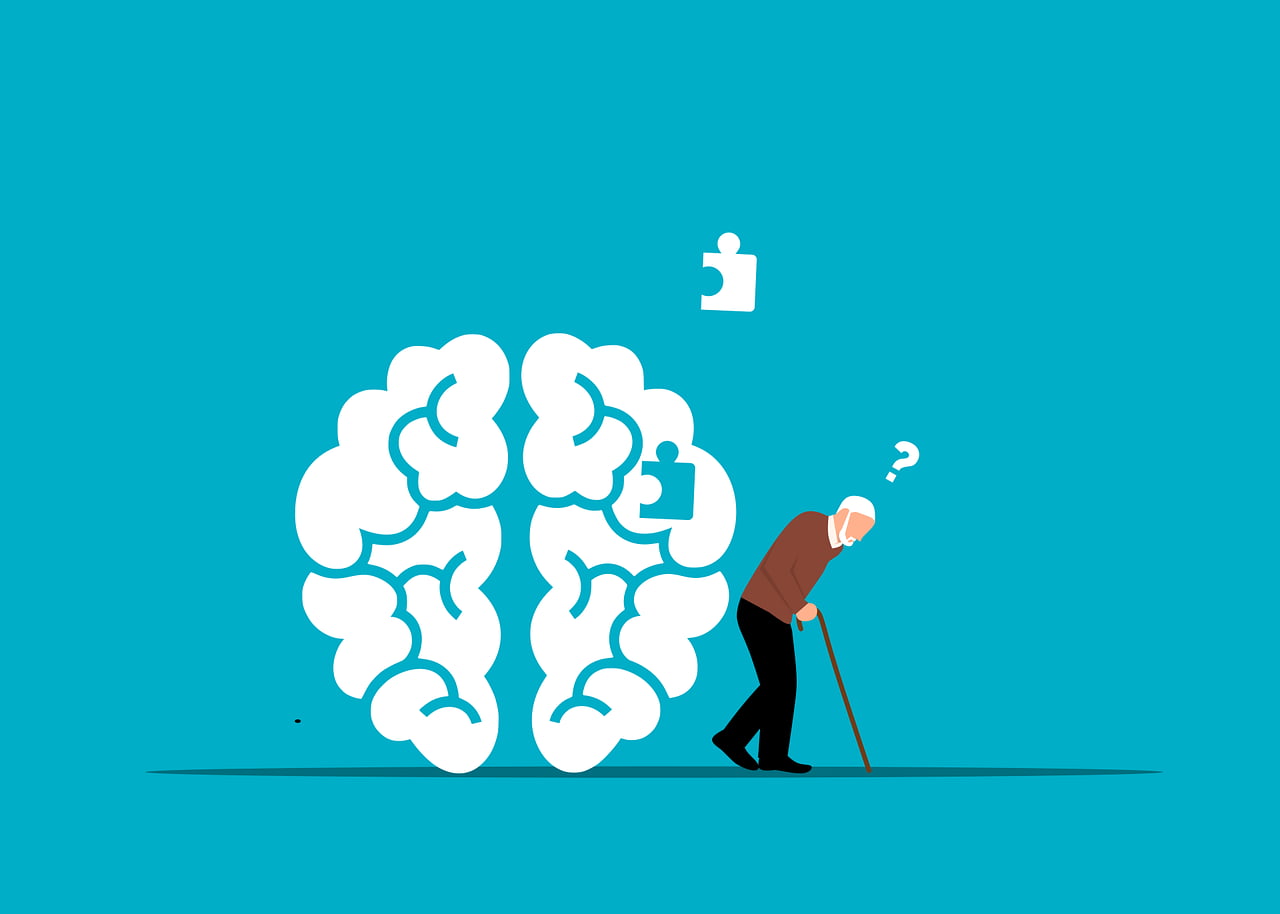As we age, it’s natural to worry about memory loss and cognitive decline. However, George Keepers, MD, Chair and Professor of Psychiatry at Oregon Health Sciences School of Medicine, suggests that Attention Deficit Hyperactivity Disorder (ADHD) could play a role in some cases. This overlap between ADHD and aging raises important questions about how we approach the assessment and treatment of these conditions.
The Symptomatic Overlap:
Keepers notes that ADHD and cognitive decline share several symptoms, such as
- Missed timely bill payments
- Long-standing issues with being organised
- Frequent loss of essential items like keys and eyeglasses,
- Forgetting appointments,
- Getting easily distracted during tasks, and
- Needing to actively listen when someone speaks directly to them
With aging, some individuals may experience a worsening in these symptoms, but they are not exclusive to normal aging or dementia. It is possible to have a case of missed ADHD diagnosis.

A Closer Look at Dementia and ADHD:
Individuals experiencing cognitive problems due to dementia undergo profound declines in recent memory, leading to difficulty recalling recent events. In contrast, ADHD does not result in severe impairment of longer-term memory or the inability to recognize close relatives and friends.
Historical Perspectives and Current Challenges:
Historically, ADHD diagnoses was presumed to be limited to children, and many adults with ADHD still go undiagnosed. According to estimates, less than 20% of adults with ADHD receive accurate diagnosis and treatment. Furthermore, ADHD symptoms in adults may be masked by other psychiatric conditions like bipolar disorder, depression, or anxiety.
Efforts to Improve Diagnosis:
Organizations like the American Professional Society of ADHD and Related. Disorders for ADHD aim to develop better guidelines for diagnosing ADHD in adults.
Geriatric Mental Health providers should not assume all memory issues indicate cognitive decline. Timely assessment and evaluation for ADHD are essential for those who exhibit symptoms suggestive of both aging. Accurate ADHD diagnosis can be life-changing for individuals and their families, enabling them to manage symptoms effectively and improve overall quality of life.
References:
Coy, Leanna. “When Forgetfulness Isn’t Cognitive Decline: ADHD in Older Adults.” Next Avenue, 22 Jan. 2024, www.nextavenue.org/forgetfulness-adhd-older-adults.

Leave a Reply